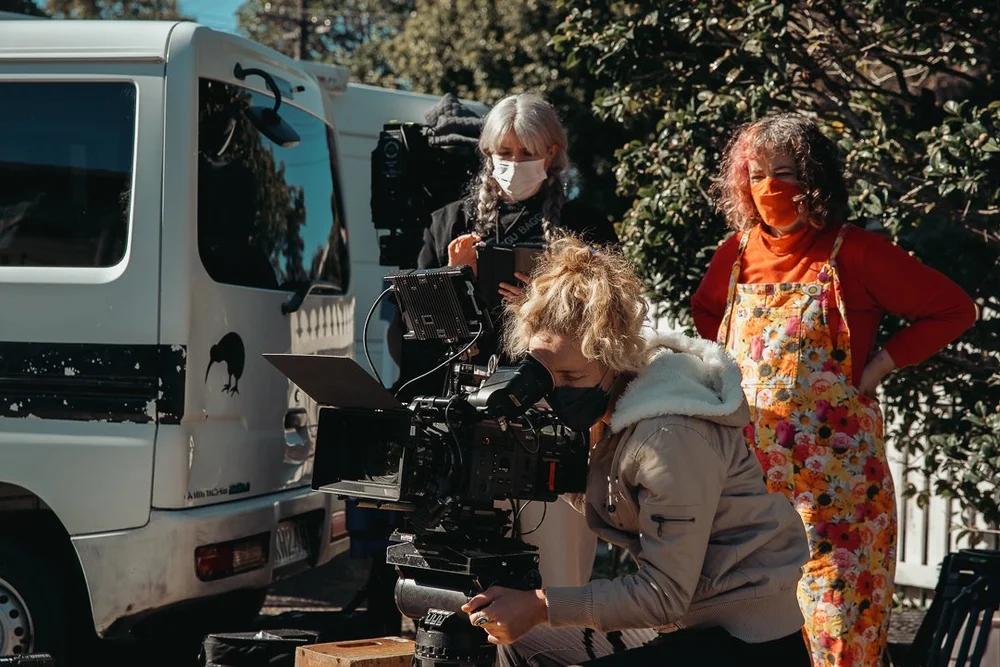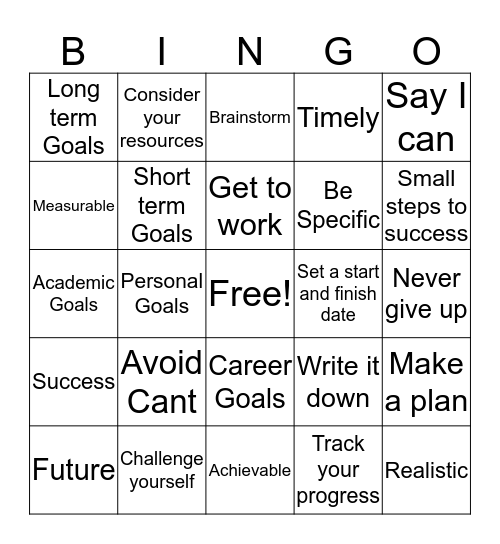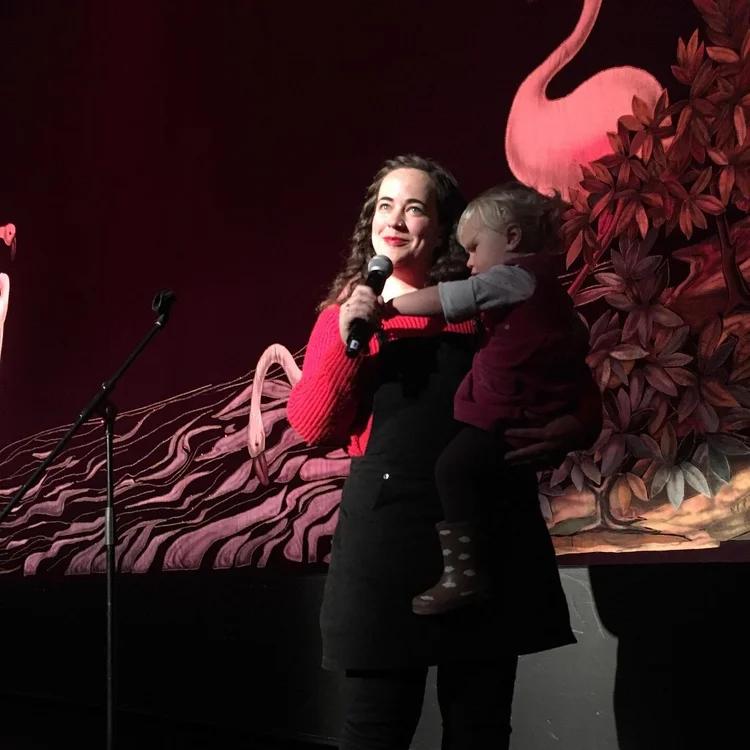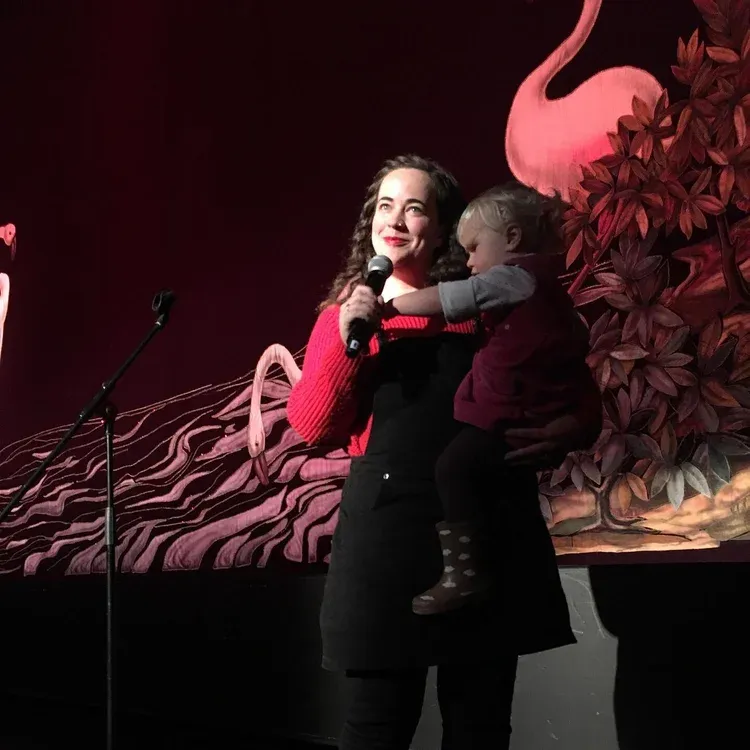Write It Down, Make It Happen: The Creative Power of Goal Setting for Emerging Filmmakers
As an emerging filmmaker, you're navigating a landscape filled with endless possibilities—and endless uncertainties. Between developing your craft, building industry connections, and finding your unique voice, it's easy to feel overwhelmed or directionless. This is where the simple practice of writing down your goals comes in.
Here's a striking statistic that might surprise you: people who write down their goals are 42% more likely to achieve them. For filmmakers starting their careers, this isn't just encouraging—it's essential.
What Exactly Is a Goal?
A goal is a desired outcome or result that you envision, plan, and commit to achieving. If you don't vibe with the word 'goals' pick a different word - think of goals as your creative aspirations, plans, direction, blueprints, road maps, desires, dreams, and visions. They're essentially wishes for your future—whether that's completing your first short film, getting into a prestigious film festival, or building sustainable income from your craft.
Goals aren't reserved for the most ambitious among us. They can relate to any facet of your filmmaking journey, including seemingly counterintuitive ones like learning to slow down, setting boundaries with collaborators, or prioritising creative rest over constant production.
If you've always had an aversion to the word "goals" or find the concept feels restrictive, that's perfectly valid. Check in with yourself—is this something you're comfortable with, or something worth exploring as you develop as a creative professional?
Why Goals Matter for Filmmakers
Without goals, it's easy to drift, lose focus, or waste time on activities that don't align with your values or aspirations. This is particularly dangerous in filmmaking, where opportunities can feel scarce and the pressure to say "yes" to everything is intense.
Goals give you direction and purpose, helping focus your energy and resources on what truly matters to your growth as a filmmaker. They provide clear benchmarks for success—whether that's completing a certain number of projects, developing specific technical skills, or building meaningful industry relationships. As you make progress toward these targets, your self-confidence and creative growth compound.
The Psychology Behind Written Goals
When you write down your filmmaking goals, something powerful happens in your brain. Written goals act as a commitment to yourself, increasing accountability in a field where external accountability can be limited. Writing clarifies your vision, making it easier to plan actionable steps—crucial when juggling multiple projects or seeking funding.
There's also a fascinating neurological component: seeing your goals in writing activates your brain's reticular activating system (RAS), helping you notice opportunities related to your filmmaking aspirations. Suddenly, you'll start spotting relevant film festival calls, networking events, or collaboration opportunities that align with your written goals.
Additionally, tracking progress becomes much simpler when goals are documented. You can celebrate small wins along the way, fostering a sense of accomplishment even before you achieve your larger objectives—essential for maintaining motivation during long post-production periods or while waiting for festival responses.

Beyond Traditional Success Metrics
It's crucial to understand that effective goal setting isn't about chasing capitalist ideals of "success" or maximising profit at all costs. Your goals might include connecting more meaningfully with your filmmaking community, prioritising restorative rest between projects, exploring personal creative outlets outside client work, or using your skills to serve your community through documentary work or educational content.
Rest itself can and should be a goal. The film industry's culture of overwork can be toxic, and setting intentional goals around rest, creative recharge, and work-life balance isn't just healthy—it's essential for sustainable creativity.
Finding Your Personal Approach
There's no one-size-fits-all approach to goal setting, especially in creative fields. Traditional SMART goals (Specific, Measurable, Achievable, Relevant, Time-bound) might feel too restrictive for your creative process, and that's perfectly fine.

Consider these alternatives:
- Gamify your goals with creative challenges or point systems like a BINGO card
- Use visual tools like mood boards or storyboard-style goal mapping
- Try bullet journaling for filmmakers, tracking projects and creative experiments
- Create spreadsheets for project timelines and submission deadlines
- Establish flexible sequences rather than rigid schedules
Your goal-setting practice might be something you revisit weekly during active projects or annually during planning phases. The key is planning for low motivation days, creative blocks, or unexpected challenges—don't let these derail your entire system.
Remember to build in rewards for yourself. Completed a challenging edit? Celebrate. Submitted to your first major festival? Acknowledge that achievement.
Getting Started: What Do You Actually Want?
Take time to journal and explore what you genuinely want from your filmmaking career. Use prompts like:
- What stories am I most passionate about telling?
- What technical skills would make the biggest difference in my work?
- How do I want to feel at the end of each project?
- What kind of filmmaker do I want to be known as?

Celebrate Your Journey
Before setting new goals, pause to celebrate where you are now. Take inventory of the goals and desires you've already achieved, no matter how small they seem. Maybe you've completed your first short film, learned a new editing technique, or built meaningful relationships with fellow creatives.
Filmmaking is a journey, not a destination. The key is learning to enjoy the ride—the late-night editing sessions, the collaborative problem-solving, the magic of seeing your vision come to life. Your goals should support and enhance this journey, not overshadow the creative joy that drew you to filmmaking in the first place.
Remember: every successful filmmaker started exactly where you are now. The difference often lies not in talent or luck, but in the clarity and commitment that comes from writing down what you want to achieve—and then taking consistent steps toward making it happen.
About Anna:
Anna Rose Duckworth is an award-winning queer filmmaker from Auckland, New Zealand, creating raw depictions of relatable feminine experiences through a distinctly Kiwi lens. Her NZFC-funded short PAIN screened at over 30 international festivals including Busan and Stockholm, while her comedy webseries PSUSY won Best Episodic Jury Prize at LA Film Festival.
With a decade of industry experience across NYC and Auckland, Anna's work explores taboo themes through flawed female protagonists. In 2024, she was promoted to Creative Director of Day One, a not-for-profit supporting emerging filmmakers, where she mentors new talent and amplifies young voices on screen.
Recent achievements include an NZWG Seed Grant and NZFC EDF Grant for her feature PUT A BABY IN ME about queer motherhood, and the People's Choice Award for her romcom short JUST KIDDING I ACTUALLY LOVE YOU at Show Me Shorts Film Festival 2023.
Anna leads with collaboration over hierarchy, creating films that evoke empathy and understanding while finding humour in life's complexities and championing collective creative progress.
